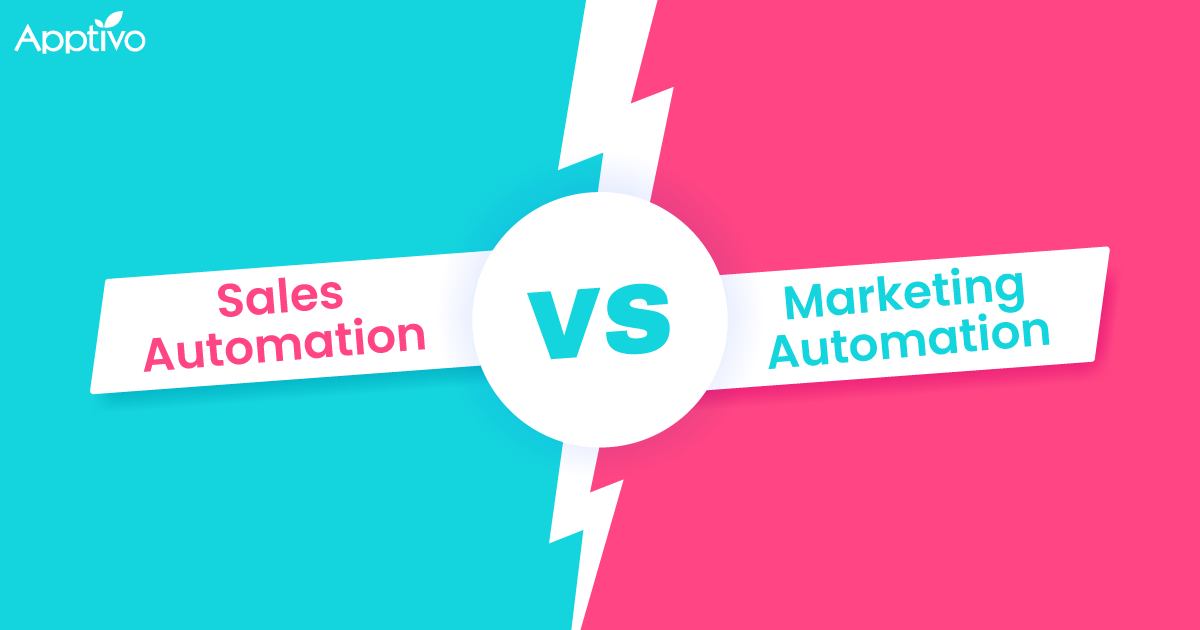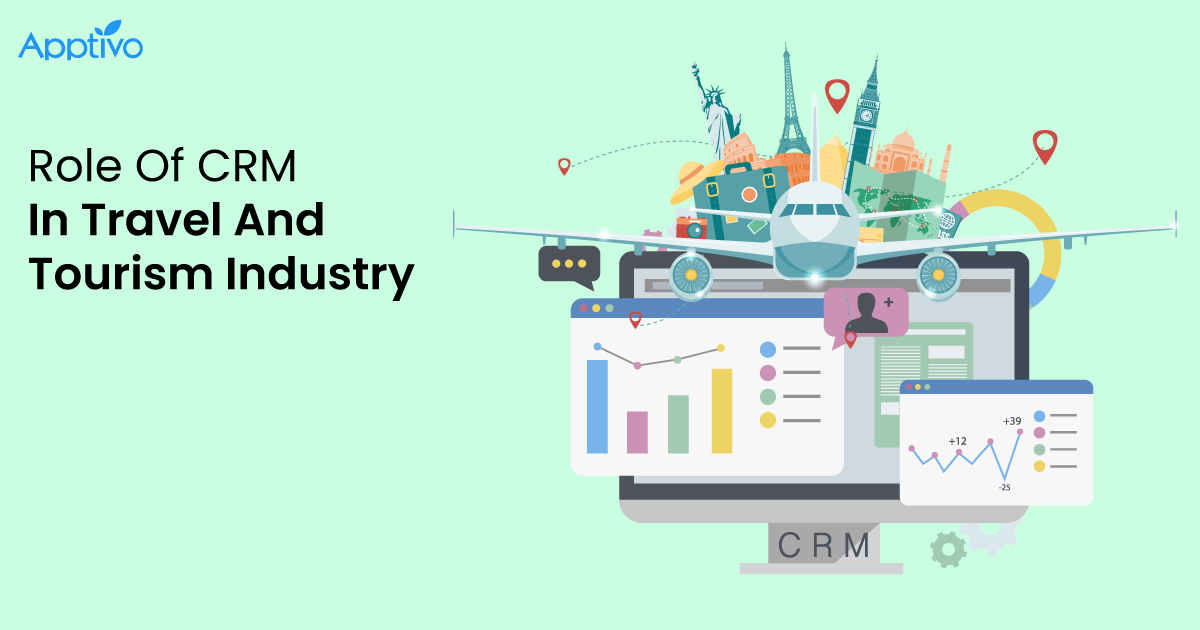 |
1. The pros and cons of sales automation and marketing automation
2. What’s the Difference: Sales Automation Vs Marketing Automation
As a business owner, one must use growth hacks to enhance sales and marketing procedures. To motivate consumers to perform the desired activities and keep them engaged, it is critical to send individualized messages to them and create effective campaigns.
For sustainable growth strategies, marketing automation and sales automation are the two essential tools one requires. These technologies enable teams to free up more time for strategic and creative pursuits by maintaining marketing and sales operations with fewer manual interventions. So what exactly are sales automation and marketing automation? How should you employ them?
The differences between marketing automation and sales automation will be covered in this article to assist businesses to decide which tool to employ and when.
Sales automation and marketing automation are two very important tools that help businesses to boost sales and enhance productivity. However, these two tools are often confused with one another.
To be clear, Sales automation is a tool that helps businesses to automate their sales processes. This can include tasks such as lead generation, customer relationship management, and quoting. Sales automation helps businesses to increase their sales by making it easier for salespeople to manage their prospects and customers.
Marketing automation is a tool that helps businesses to automate their marketing processes. This can include tasks such as email marketing, social media marketing, and lead generation. Marketing automation helps businesses to increase their marketing productivity by making it easier for marketers to manage their campaigns.
The pros and cons of sales automation and marketing automation
Sales automation can help to optimize the sales process by automating repetitive tasks, such as prospecting and data entry. This can free up the sales team’s time so that they can focus on more important tasks, such as selling. Additionally, sales automation can help track sales pipeline and metrics, which can give valuable insights into the sales process. However, there are some potential disadvantages of sales automation to consider. First, if not implemented correctly, sales automation can lead to a decrease in personal interactions between salespeople and prospects. This can result in a loss of the human touch that is essential to building relationships and closing deals. Additionally, sales automation can also add complexity to your sales process, which can make it more difficult to troubleshoot issues.
Marketing automation can help businesses improve their marketing efforts by automating tasks such as email marketing, social media campaigns, and targeted ads. It can also help businesses track their marketing campaigns to see which ones are most effective. However, marketing automation can also have some drawbacks, such as the potential to create a high volume of low-quality leads or to overwhelm customers with too many marketing messages.
Both sales automation and marketing automation have the potential to help firms enhance their operations and bottom line. However, each has its own set of advantages and disadvantages that organizations should weigh before deciding which is appropriate for their requirements.
What’s the Difference: Sales Automation Vs Marketing Automation
Now that you know what marketing and sales automation are, the big question is, what’s the difference between them? Despite having comparable features, the two automation systems operate in different ways. Knowing what makes them unique might have a big impact on your business.
1. Communication
To execute one-to-many communications, marketing automation solutions employ a variety of channels. One can manage the content’s messaging, delivery, and output whether it’s shared by email, social media, or a website. The sole distinction is that, unlike a sales automation platform, it does not provide one-to-one communications.
To increase conversion rates, sales automation offers the chance to establish one-on-one discussions with prospects.
2. Processes
Sales automation streamlines all internal workflows to increase productivity and improve your sales pipeline, whereas marketing automation is designed to manage and automate all marketing touchpoints.
If a prospect fills out a lead form for a feature, marketing automation will ensure they continue to receive information on that subject. With sales automation, if a potential customer asks for additional information about a feature, it will trigger the sales team to reach out to them to engage and assess their needs.
3. Data
Sales automation gives the team a deeper look at prospect interactions inside the sales funnel while marketing automation gives a bird’s eye perspective of marketing analytics.
Marketing automation will provide data and campaign performance analytics. Reports on the lead activity generated by sales automation data can let the team know where a prospect is in the pipeline. Sales teams can be more strategic in their approach toward converting leads if they have a better understanding of the actions a prospect has taken or hasn’t taken.
4. Actions
From the very beginning of a customer’s purchasing process, marketing automation needs to conduct some crucial activities. Building a clientele and nurturing leads are a few of these activities. These are facilitated by the software itself.
In contrast to sales automation, which focuses on closing deals, marketing automation deals with lead maturation. The assigned scores allow the salespeople to determine where the leads are in the purchase cycle.
5. Responsibility
Marketing departments are generally tasked with assisting leads in retaining the business. The leads must then be nurtured via marketing automation so that they ultimately convert. Therefore, among the key duties, the primary duty is to make sure that the marketing flow in the lead-generating cycle is optimized.
On the other hand, the platforms for sales automation are primarily in charge of calling leads and prospects to confirm already planned meetings. The ultimate conversion stage is a result of these actions.
6. Implementation
The biggest problem is determining when to implement sales and marketing automation. Every step of a customer’s buying journey can easily be automated through marketing. This can start with creating demand and go all the way to retaining client loyalty.
In contrast, if the firm is new, sales automation might be skipped. Alternatively, it can be used in conjunction with marketing automation. This type of automation is not required when there are fewer customers and leads.
Summing up
While sales automation solutions have more processes in place to turn leads into clients, marketing automation systems are great at automating marketing efforts for lead capture. Understanding the differences between the two tools can assist businesses in determining which one best meets their needs.
Are you in need of marketing automation or a sales automation tool? Or do you prefer having both tools in a CRM system for an effective and streamlined flow of marketing and sales operations? Apptivo assists in providing professional assistance to businesses in making well-informed decisions when it comes to automation tools. Directly talk to our experts using chatbots or schedule a demo with us to know more.
Latest Blogs

Role Of CRM In Travel And Tourism Industry
Travel and tourism have been a significant part of everyone’s life since the ancient period. When we skim through the pages of history, It should be noted that humans were initially nomads before they became settled in one place. They...
Read more →
WHAT IS CRM TECHNOLOGY?
Introduction CRM is a technology that helps manage the entire customer information and interactions in order to build and maintain superior customer relationships. The CRM solution replaces spreadsheets and other different applications, which makes it easy for the businesses to...
Read more →
Everything you need to know about the Annual Maintenance Contract!
1. What is an Annual Maintenance Contract? 2. Benefits of Maintenance Contracts 3. How can Apptivo CRM help you manage maintenance agreements and vendors? 4. Summary .synonyms { padding: 30px; border-radius: 10px; padding-top: 10; background: #ecf3ff; } Think about getting...
Read more →
